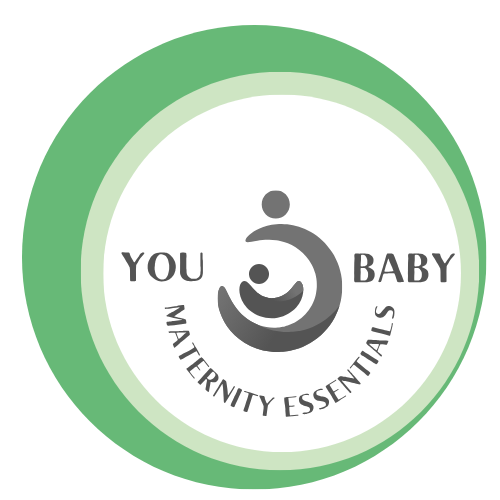
Bringing a new life into the world is a remarkable experience, but it also comes with its own set of challenges and adjustments. The postpartum period, which typically encompasses the first six weeks after childbirth, is a critical time for new mothers to focus on their physical, emotional, and mental well-being. As you navigate this transformative phase, here are some essential self-care tips to help you recover and thrive.
1. Prioritise Rest and Sleep
Sleep deprivation is a common challenge for new mothers. While it may be difficult to get a full night's sleep, try to rest whenever your baby sleeps. Short naps can be incredibly rejuvenating. Don't hesitate to ask for help from your partner, family, or friends so you can catch up on much-needed rest.
2. Nourish Your Body
Eating a balanced diet is crucial for your recovery and energy levels. Focus on consuming nutrient-dense foods such as fruits, vegetables, whole grains, lean proteins, and healthy fats. Stay hydrated by drinking plenty of water, especially if you are breastfeeding, as it requires extra fluid intake.
3. Gentle Exercise
While it's important to take it easy during the initial weeks postpartum, gentle exercises like walking, pelvic floor exercises, and stretching can help improve your mood and physical recovery. Always consult your midwife or healthcare provider before starting any exercise routine to ensure it's safe for you.
4. Manage Stress
The postpartum period can be overwhelming, with many new responsibilities and changes. Practicing stress management techniques such as deep breathing exercises, meditation, or yoga can help you stay calm and centered. Finding time for activities you enjoy, even if it's just for a few minutes a day, can also be beneficial.
5. Stay Connected
Isolation can be a common feeling during the postpartum period. Stay connected with your loved ones and seek support from other new mothers. Joining a postpartum support group or participating in online communities can provide a sense of belonging and understanding.
6. Take Care of Your Mental Health
Postpartum depression and anxiety are real and can affect any new mother. If you experience persistent feelings of sadness, anxiety, or overwhelm, it's important to reach out to a healthcare professional. Therapy, support groups, and sometimes medication can make a significant difference.

7. Pamper Yourself
Self-care isn't selfish; it's necessary. Take time to pamper yourself with activities that make you feel good. Whether it's a warm bath, a good book, or a favorite hobby, these moments of self-indulgence can boost your spirits and overall well-being.
8. Establish a Routine Around Baby's needs
While flexibility is key with a newborn, establishing a basic daily routine can help provide a sense of normalcy and control. Simple routines around feeding, sleeping, and self-care can make your days more manageable and less chaotic.
9. Accept Help
Don't hesitate to accept or ask for help from your partner, family, and friends. Whether it's cooking meals, doing household chores, or watching the baby so you can rest, accepting support can lighten your load and allow you to focus on recovery and bonding with your baby.
10. Regular Check-Ups
Attend all postpartum check-ups with your midwife and/or healthcare provider to ensure your recovery is on track. These appointments are important for monitoring your physical health, addressing any concerns, and getting guidance on postpartum care.
Conclusion
Taking care of yourself during the postpartum period is vital for your health and well-being. By prioritising rest, nutrition, gentle exercise, mental health, and self-care, you can navigate this challenging yet beautiful phase with greater ease. Remember, it's okay to ask for help and take time for yourself. A healthy, happy mum is the best gift you can give to your new baby.

